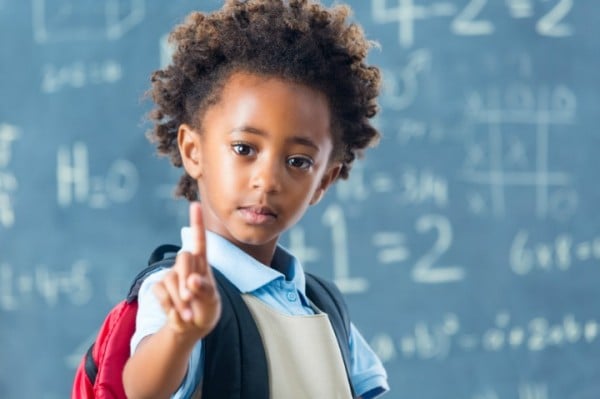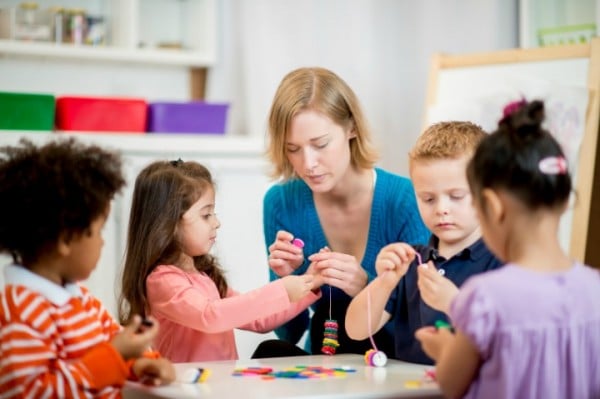
Thumbing through a parenting magazine recently, I was surprised by the number of ads for early learning centres promising kids a head start in their academic achievements. You can have them reading and writing before they even start school. The ads promise to put them on course to be high achievers by the time they don their first oversized schoolbag.
Looking at my toddler, I’m pretty sure he is going to be bang on average when it comes to academics. And so long as he does his best, I’m kind of okay with that.

I’d rather he can master flying down a dirt road on his balance bike than be able to count to twenty (which is a good thing, because we have barely made it to ten). His thirst is for physical experiences, not knowledge in the traditional sense of letters and numbers. This is hardly surprising given his adrenaline-junkie of a father.


